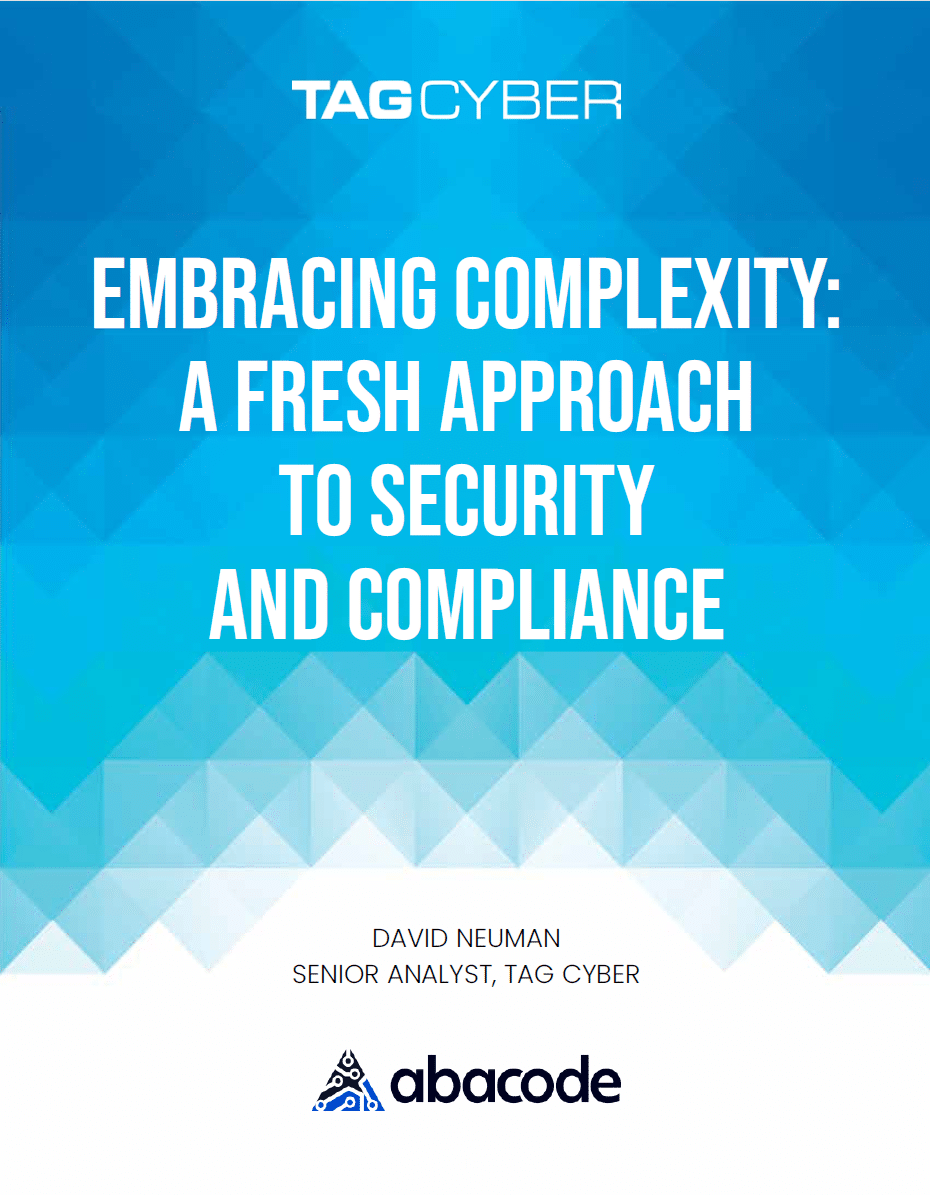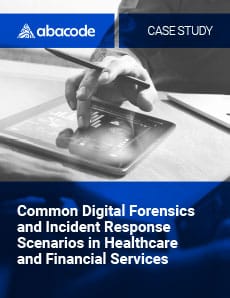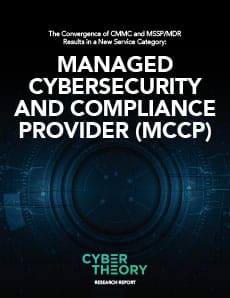Hackers attack every 39 seconds
Evaluate Your Security Efforts
Your business may be vulnerable to threat actors. Abacode will identify where your business is at risk and how to protect you.
• External Network Penetration Test
• Internal Network Penetration Test
• Web App & Mobile App Penetration Test
• Social Engineering Exercise
• Wi-Fi Security Test
A true vulnerability assessment is more than a vulnerability scan
Discover Your Vulnerabilities Before Hackers Do
Identify potential information disclosure or unauthorized network access that could occur from malicious efforts or accidental activity.
• Vulnerability Scan
• Executive report that summarizes key findings and recommendations
• Extensive, in-depth report written by our cybersecurity professionals
• Superior remediation strategy information
• Report card that assesses business impacts of the current IT environment
Security Awareness Training is Essential Proactive Cyber Defense
Employees Are Your First Line Of Defense.
Keeping up with the newest vulnerabilities and cyber-attack strategies presents an extraordinary challenge. New attacks surface constantly due to the speed of advancing technologies.
• Interactive web-based training modules
• Compliance training integration as needed (HIPAA/PCI DSS/ISO 27001 & 27002/etc.)
• Continuous Phishing Campaigns


























